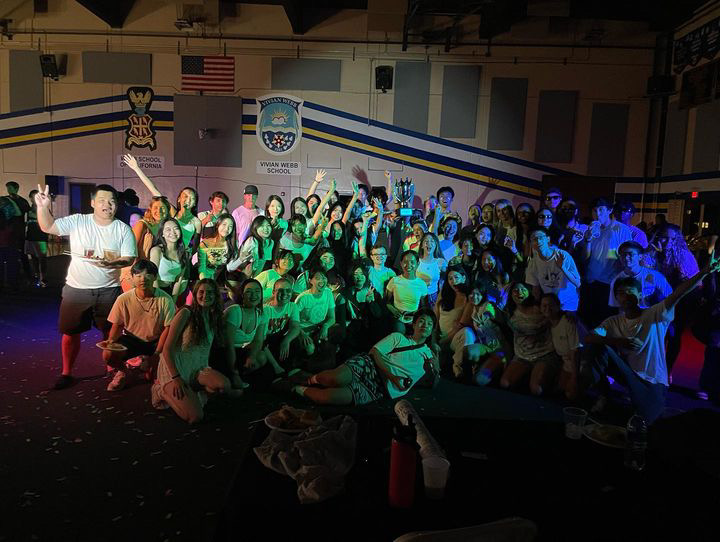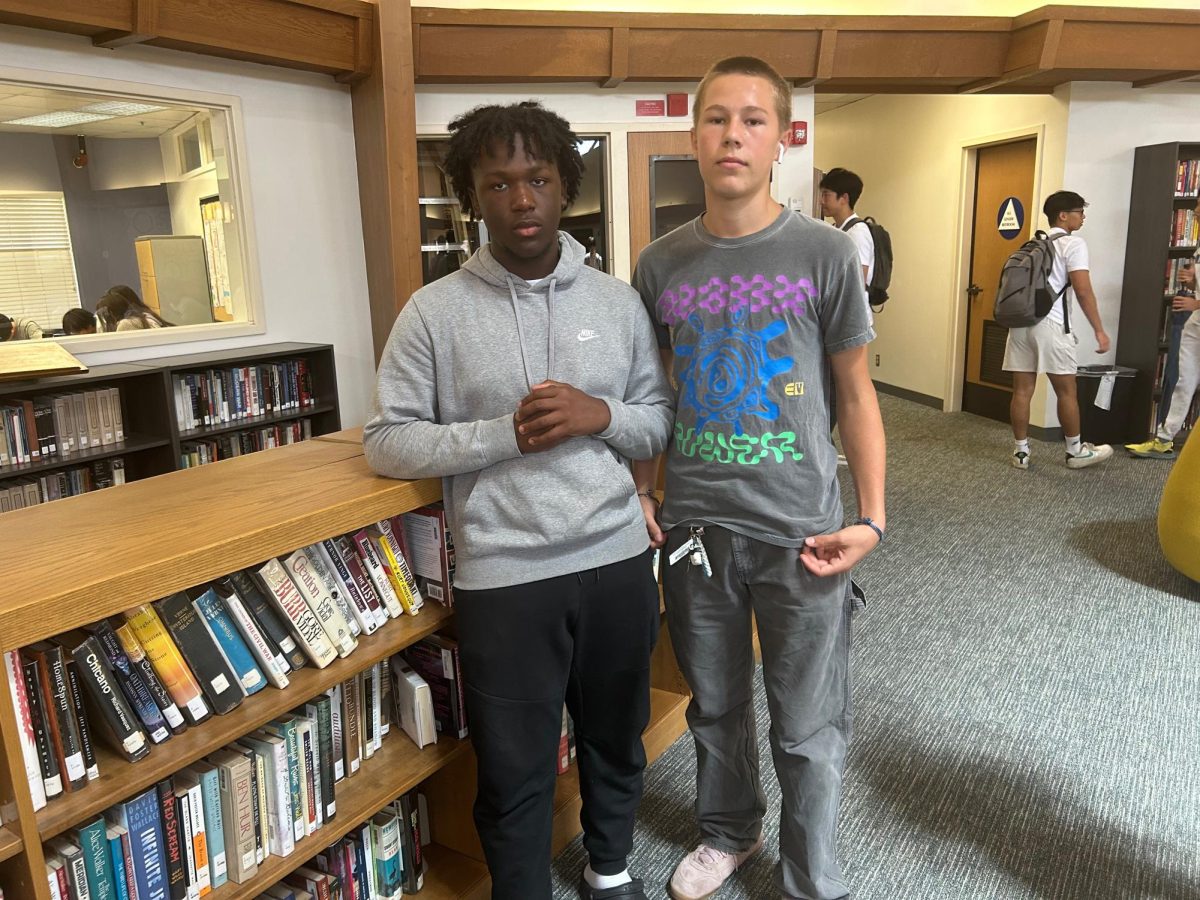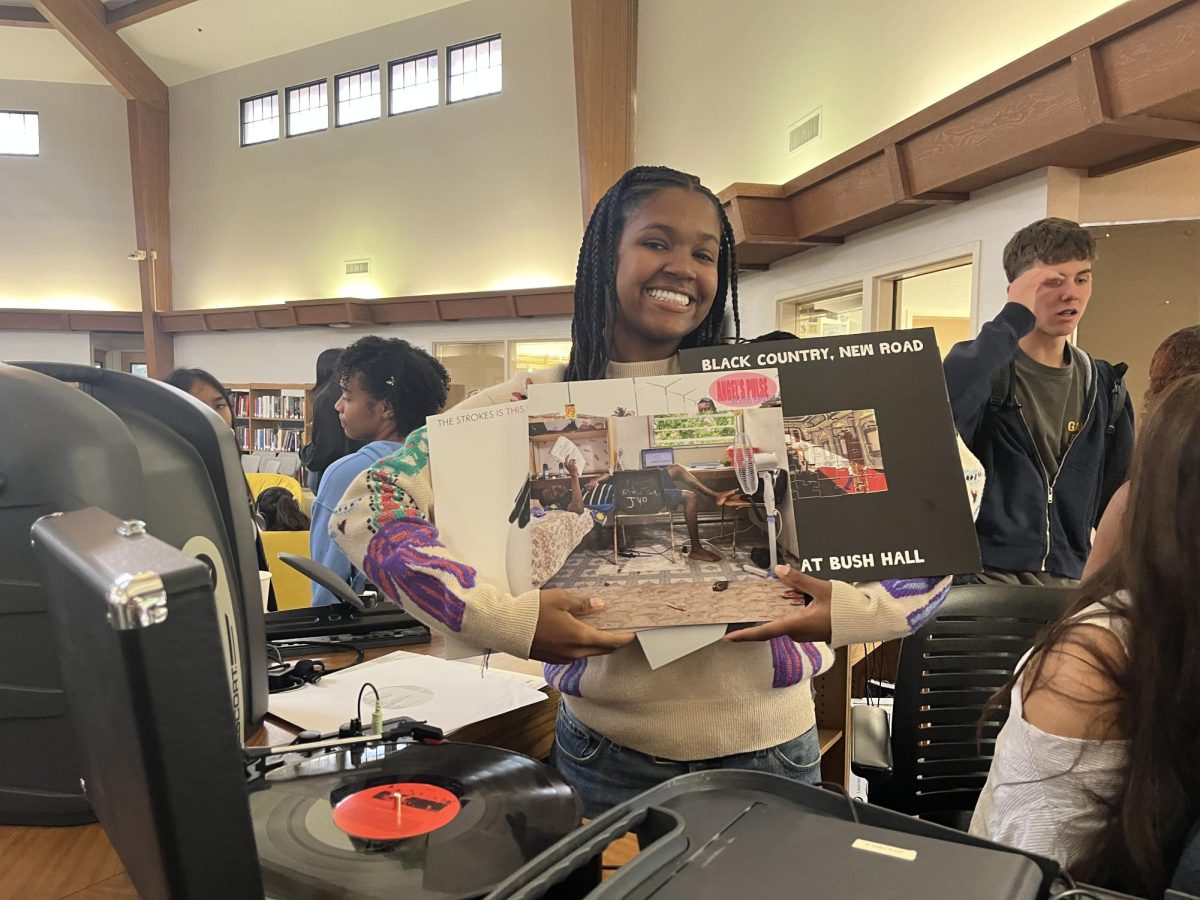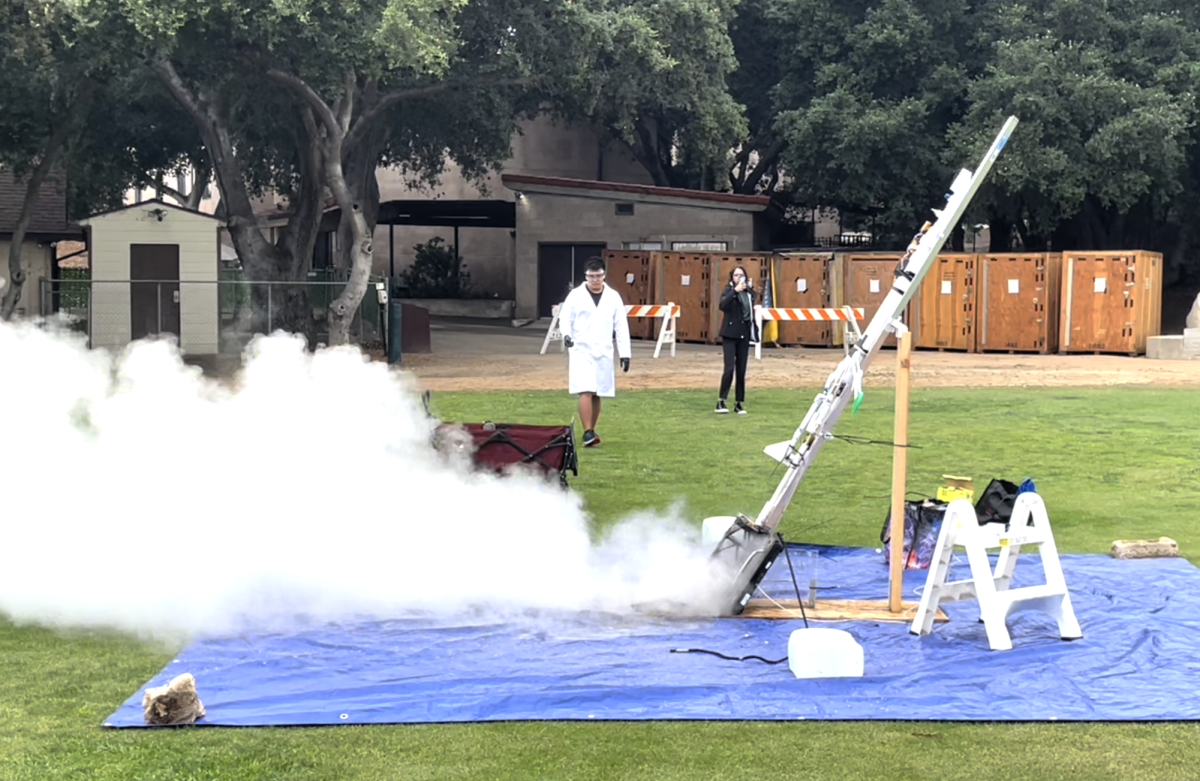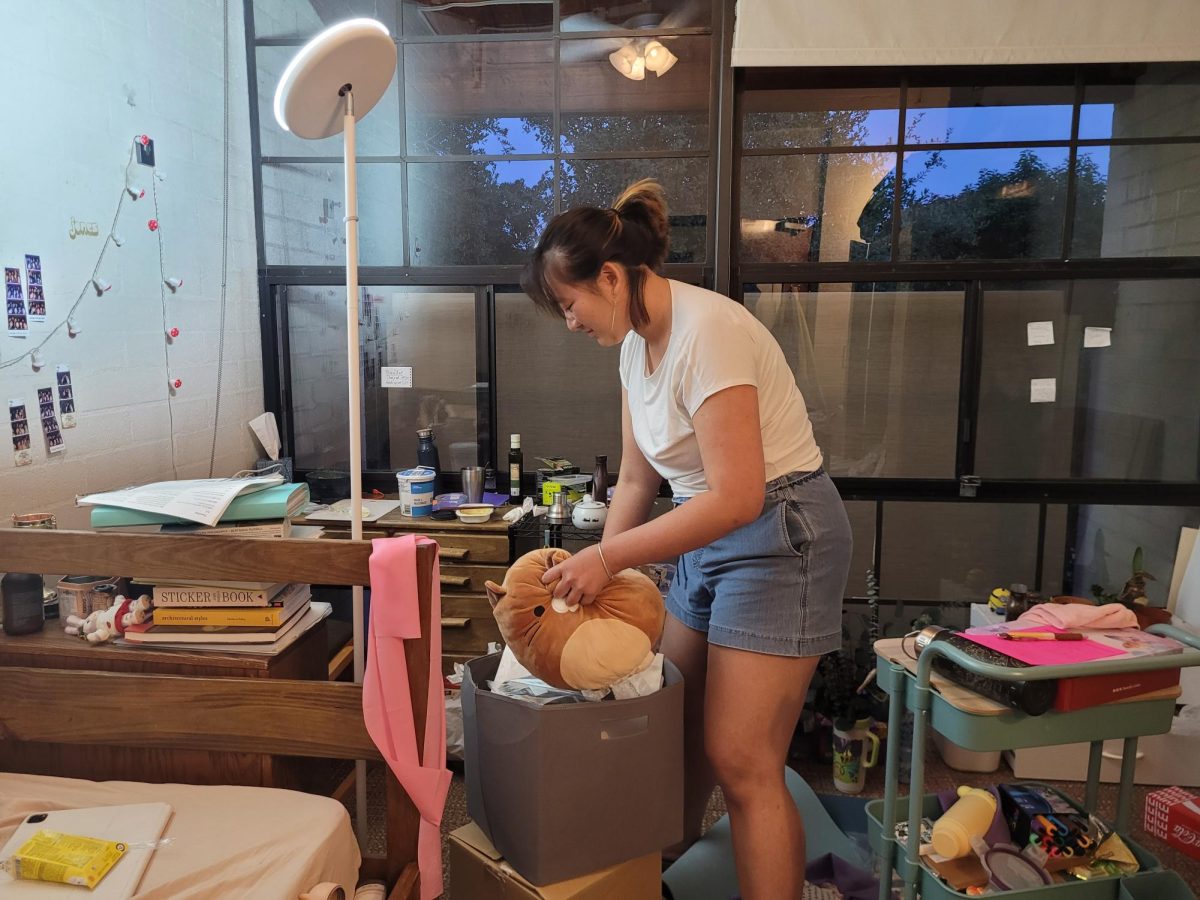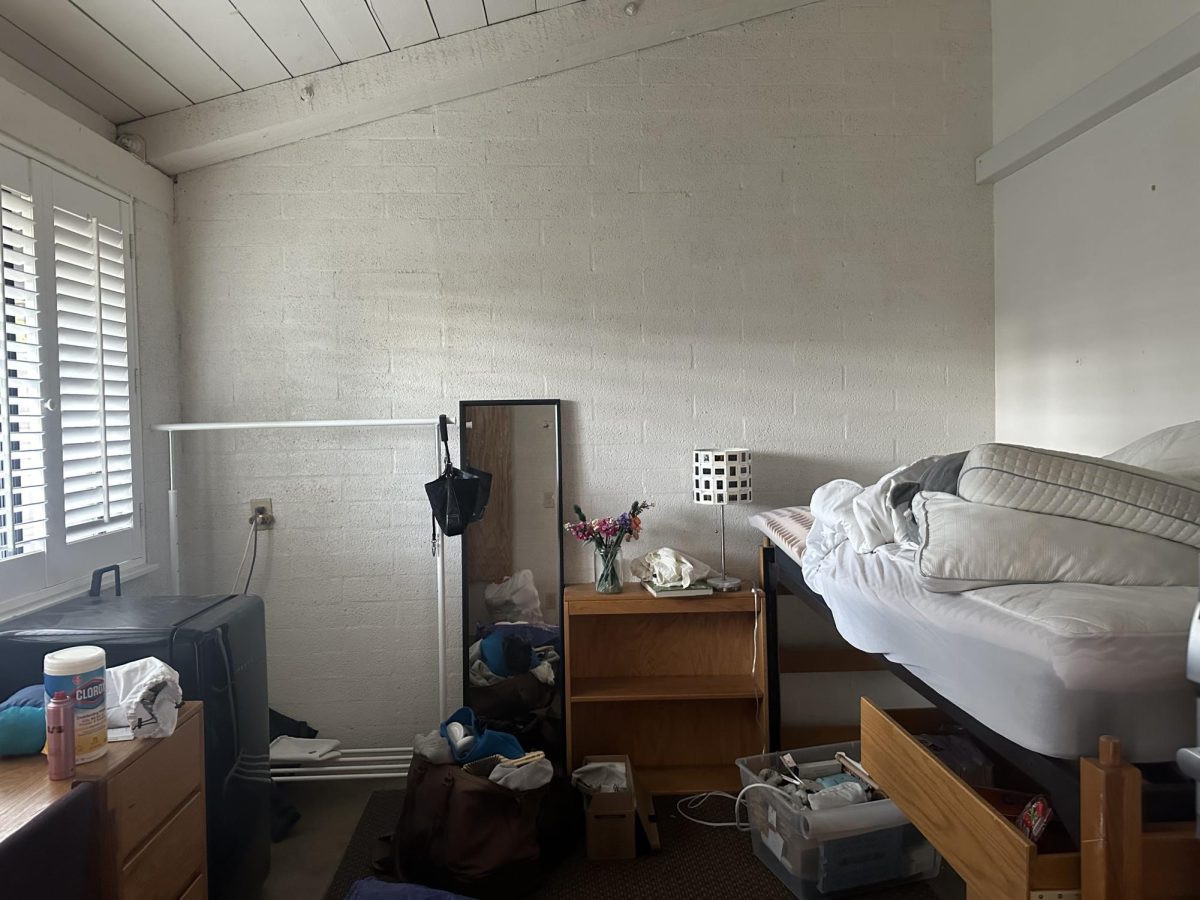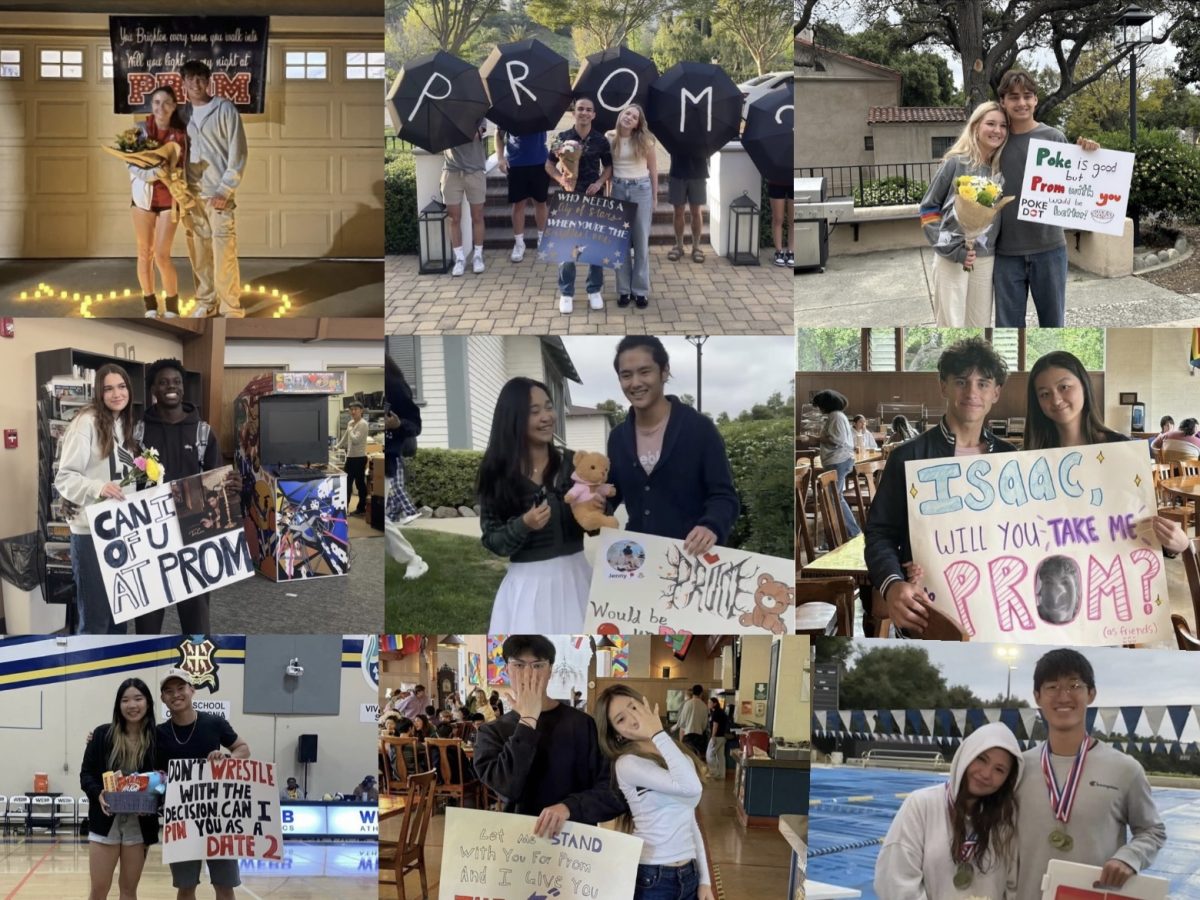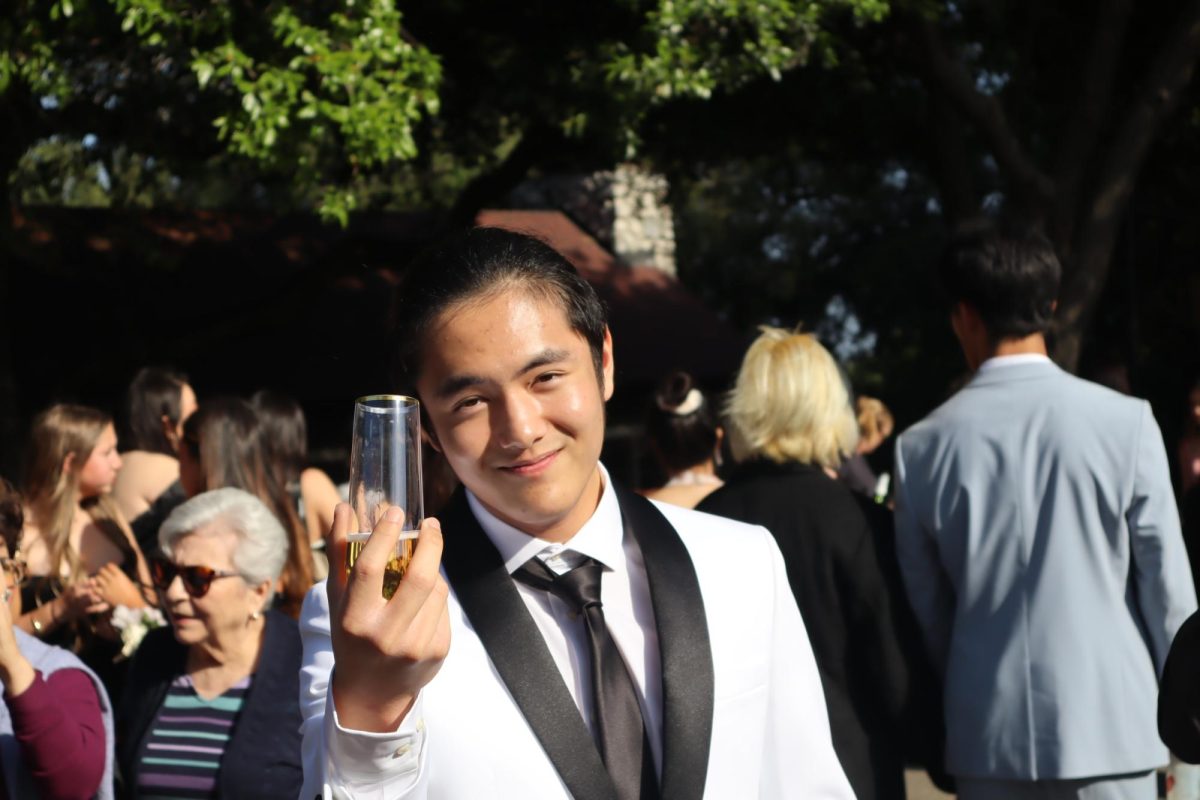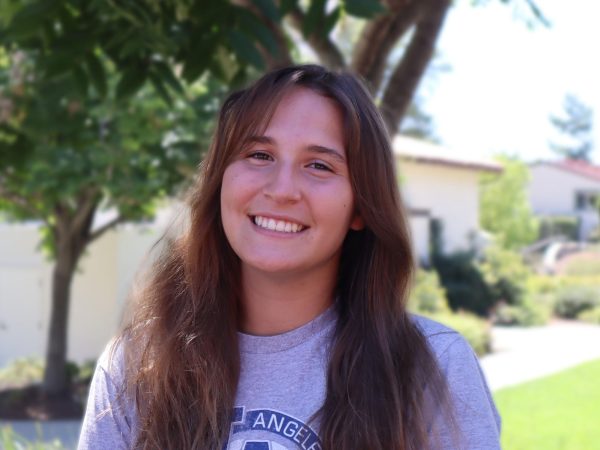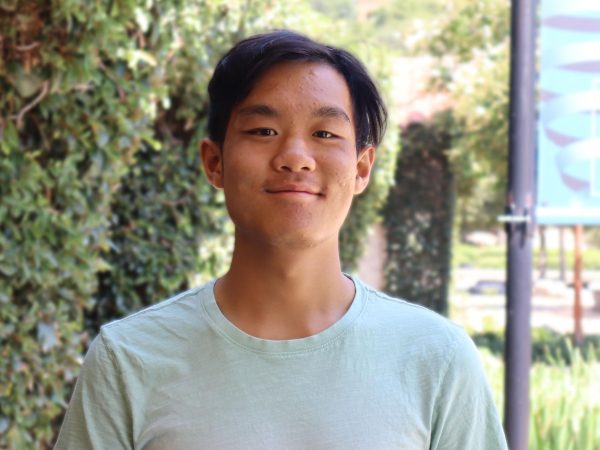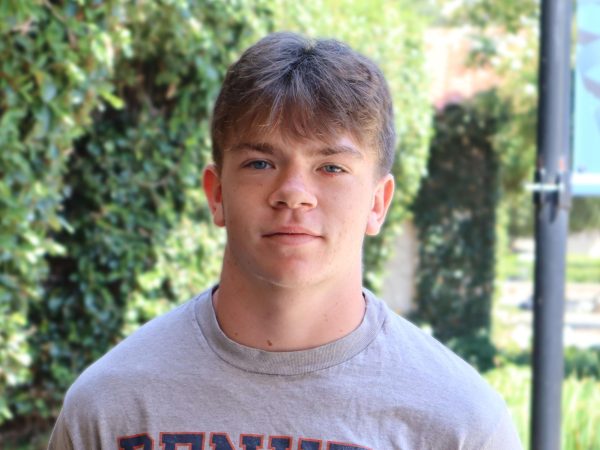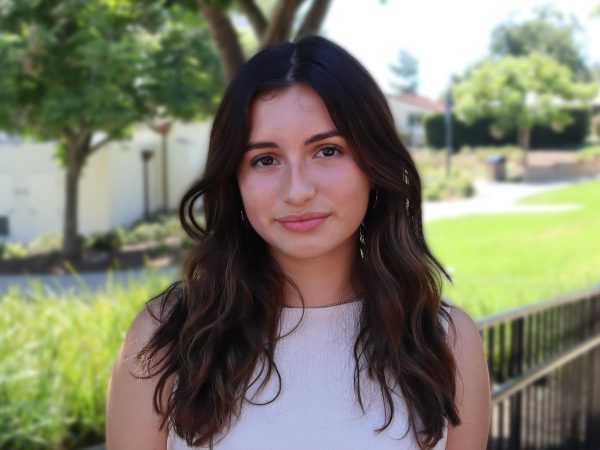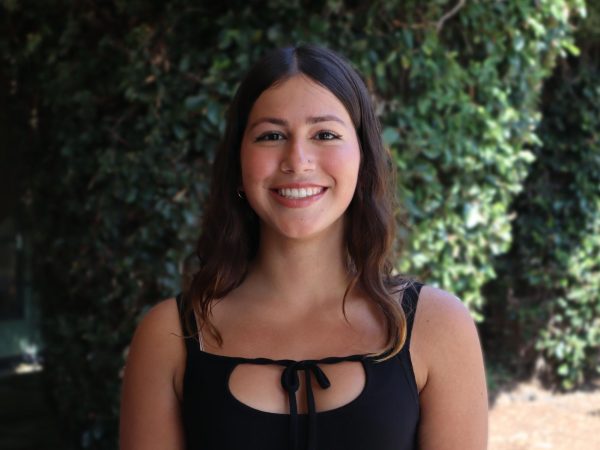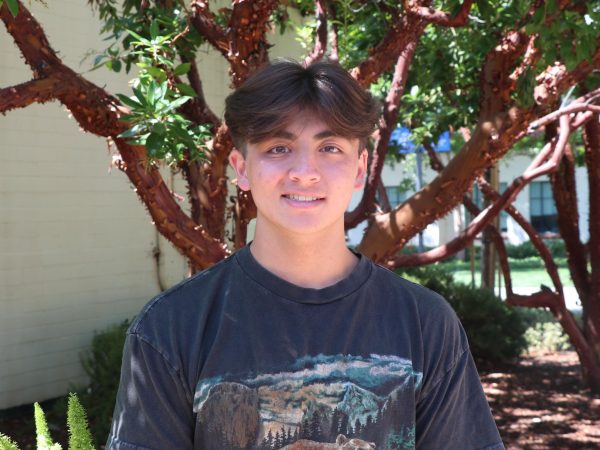Webb recently said goodbye to its beloved Theme Week, but also used this opportunity to open new doors and usher in a new tradition: Spirit Week.
As Webb becomes closer to initiating the transformation into a one-school model beginning in the 2024-25 school year, different members of the community have constantly been looking for ways to improve campus life. For student government and administration, one opportunity for reinvention was Theme Week.
For the last 20 years, Webb has kicked off every school year with Theme Week to encourage class bonding. This week-long event consisted of dressing up in themed costumes, participating in games at lunchtime, planning skits and dances, and a friendly competition between different grades.
Although this bonding experience was intended to build school spirit, members of administration believed the structure of the event should be reevaluated due to the controversy Theme Week became notorious for igniting. Last year was particularly eye-opening, as a fallout between the class of 2023 and the class of 2025 led to public arguments on STAS.
Last Spring, student government had an urgent meeting to discuss ways to preserve the spirit from Theme Nights while preventing the drama it often brings. The WSC and VWS executives, Jonathan Rosales-Cardenas, Annie Han and Dean of Campus Life Ken Rosenfeld then created and proposed the plan for Spirit Week during the summer.
“We wanted to keep the spirit events, dressing up and the unity dance but we wanted to make it more fair, transparent, and clean, which is what I think we’ve needed for a number of years,” said Mr. Rosenfeld.
In the past, student government invited four faculty members to evaluate Theme Week skits and dances based on their personal opinion and interpretation. Judges received a 20-point rubric that assessed four areas: storyline, use of visual presentation, unity dance, and class spirit.
Last year, teachers expressed dread for having to judge performances subjectively because students always felt that certain components were judged unfairly.
“I don’t think it’s fun to evaluate, because everyone worked hard. Somebody is going to be disappointed no matter what, but it seemed to factor into animosity in the end,” said Dr. Lauren Hartle, former Humanities Department member.
To reduce disappointment, student government decided to solely award Spirit Night points for class participation, rather than for the quality of the performances.
Another significant difference between Theme Week and Spirit Week is the incorporation of theme. Theme Week assigned every class a different theme and gave the entire school an overarching theme; the skits are based off of each class’s unique theme and this overall theme.
Student government decided that Spirit Week should have an overarching theme that will recur throughout the school year in other events. Despite the changes between the two events, one thing remains the same: Webb’s efforts to increase solidarity in the community. With this goal in mind, this year’s chosen theme is “Unity”.
The most significant and shocking change, however, was the removal of the skit. The skit comprised of a 10-to-15-minute themed performance put together by script writers, dancers, and actors who portrayed characters or celebrities. This year, Spirit Night only consisted of a six-minute dance.
Although no acting was allowed, the performance welcomed students to include singing, musical instruments, spotlights, and props. After each grade completed their dance, the competition concluded with an all-school unity dance, where each grade choreographed their own section to a song and the entire school danced to the same choreography at the end.
In inviting the entire school to perform the same choreography, student government hoped that Spirit Night would incorporate more unity than Theme Night did. This year, the entire school danced to Michael Jackson’s “Thriller”.
The removal of the skit was a decision made by administration and other adults on Webb’s campus upon seeing the growing challenges throughout the years. Mr. Rosenfeld specifically noticed that in the last several years, there had not been a smooth-running Theme Night that ended without hard feelings or upset students. Administration, however, wanted to keep the spirit and fun of Theme Week alive.
Mr. Rosenfeld and members of Webb’s student government also observed the amount of stress that came about from the intense time commitment and significant student efforts. This year, they found that the new structure successfully minimizes this pressure and increases student involvement.
“The time commitment for Spirit Night felt like a lot less in comparison to Theme Night so there was not as much pressure and stress this year,” Andrew Pan (‘25) said.
“The dance was really fun and we got more participation than we have in the last few years,” said Jonathan Rosales-Cardenas, student government executive. “The skits were funny, but I saw that students were still able to be creative and incorporate humor into the dance.”
As a result, Spirit Week and Spirit Night still allowed students to dress in their class colors, choreograph dances, and compete against each other without any room for subjective judging or the controversial portrayal of themes and characters that impacted past years’ skits.
Although students and faculty will always cherish the memories from Theme Weeks, countless more are guaranteed to be made at Spirit Week and Night in the years to come.


